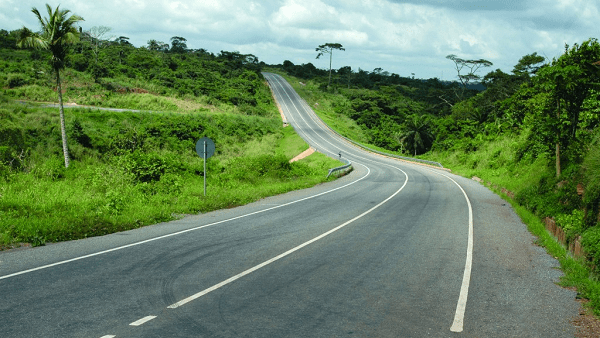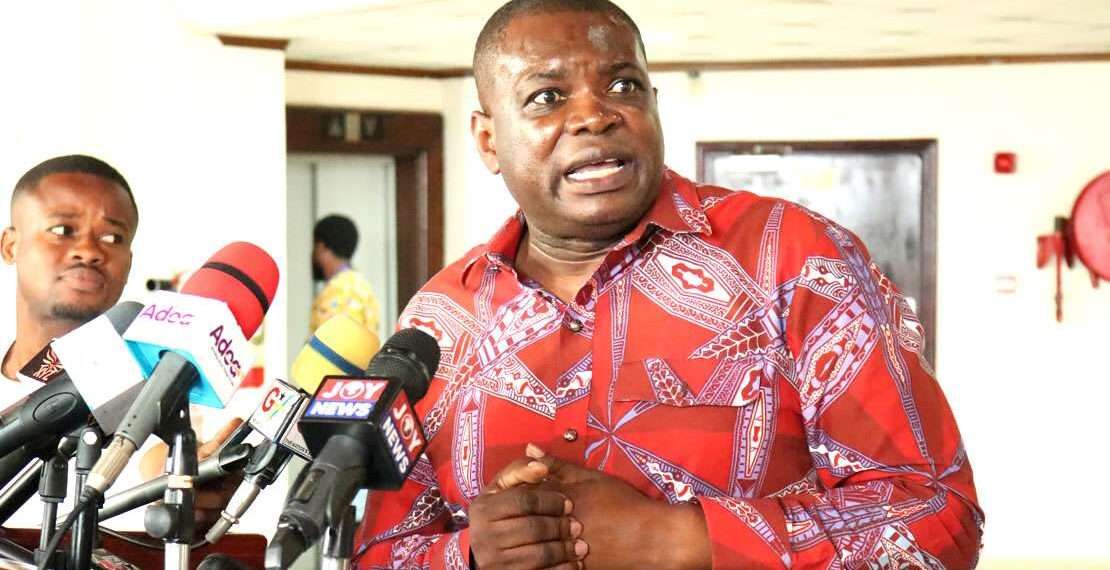The Minister for Roads and Highways, Hon. Kwame Agbodza, has inaugurated a five-member committee to assess and enhance the efficiency of the Axle Load Control Program as part of broader efforts to improve road infrastructure.
The Axle Load Control Program is a critical initiative aimed at protecting Ghana’s road infrastructure from excessive damage caused by overloaded cargo trucks.
According to a statement released by the Ministry of Roads and Highways, the newly formed committee comprises representatives from key institutions, including National Security, Private Haulage Operators, the Ghana Highway Authority, the Ministry of Transport, and the Ghana Standards Authority.
These stakeholders have been tasked with diagnosing existing challenges within the program and recommending effective solutions to ensure its optimal operation.
“The Committee is expected to identify systemic and operational issues that require reforms, interrogate any violations of regulatory provisions, evaluate the management of collected fines, and provide suitable recommendations to improve the Program.”
Ministry of Roads and Highways

Meanwhile, the overloading of heavy-duty vehicles has been identified as a major factor contributing to the premature deterioration of road surfaces across the country, leading to frequent and costly repairs.
The issue not only compromises the lifespan of roads but also poses significant safety risks for motorists. “As a result, the Ministry is seeking to reform the Axle Load Control Program, which is facing numerous operational challenges.”
According to experts, roads in Ghana are designed to handle specific weight limits, and exceeding those limits accelerates wear and tear, resulting in potholes, cracks, and weakened bridges.
With increasing concerns over road safety and infrastructure sustainability, the Ministry is taking decisive steps to revamp the Axle Load Control Program, which has been plagued by several operational inefficiencies.
As part of this reform, the Ministry reassured the public of its unwavering commitment to enforcing regulations that will curb overloading, ensuring that road pavements serve their intended lifespan while reducing accident risks.
The newly constituted committee will be expected to deliver actionable recommendations to strengthen enforcement mechanisms, enhance monitoring systems, and address any loopholes in the management of fines collected from non-compliant operators.
World Bank Delegation Discusses Infrastructure Support
Meanwhile, in a related development, a high-profile delegation from the World Bank, led by Division Director Robert Taliercio O’Brien, paid a courtesy call on the Minister for Roads and Highways, Governs Kwame Agbodza.
The aim of the call is to deliberate on ongoing and prospective road infrastructure projects funded by the global financial institution.
The discussions focused on Ghana’s pressing road infrastructure needs and how strategic partnerships could be leveraged to accelerate the completion of key projects.

Road development remains central to Ghana’s economic transformation agenda, as improved road networks facilitate trade, reduce travel time, and enhance regional connectivity.
In a statement shared on the Ministry’s official Facebook page, Minister Agbodza expressed deep appreciation for the World Bank’s consistent support in Ghana’s transport sector.
He underscored the need for increased financial backing and technical assistance to expedite critical road projects that are pivotal to the nation’s development.
“We appreciate the World Bank’s commitment to transforming our roads. Additional funding and technical expertise will help us fast-track vital projects that are essential for national and regional development.”
Governs Kwame Agbodza
The Minister emphasized that enhanced road networks will not only benefit commuters but also stimulate economic growth by boosting trade, creating jobs, and fostering regional integration.

The engagement with the World Bank delegation was an opportunity to explore new funding opportunities and discuss innovative approaches to financing infrastructure projects.
The World Bank team reaffirmed their commitment to Ghana’s development, particularly in the transport sector, and expressed willingness to collaborate further on initiatives aimed at improving road connectivity across the country.
As Ghana continues to expand its road infrastructure, the Ministry of Roads and Highways is expected to intensify efforts to secure additional support from development partners.
The goal is to ensure that critical road projects are delivered efficiently, ultimately improving the lives of Ghanaians and fostering national economic growth.
With these measures in place, stakeholders remain optimistic that Ghana’s road infrastructure challenges will be tackled effectively, ensuring safer, more durable roads for the country’s growing population.
READ ALSO: Taiwan Detains Chinese-Crewed Cargo Ship



















